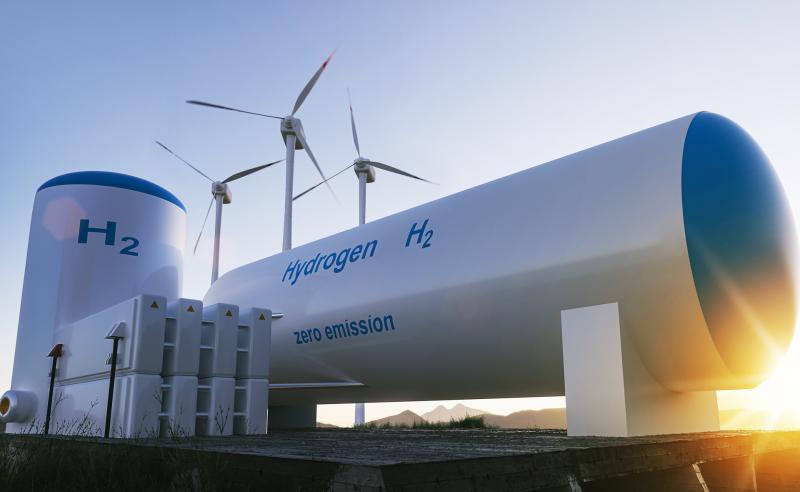Safety is a paramount concern in the hydrogen industry to ensure a secure and sustainable environment for hydrogen production, storage, transportation, and utilization. Proper safety measures and regulations are essential to minimize risks and build public confidence in the industry.
One key aspect of hydrogen safety is the prevention and mitigation of potential hydrogen leaks. Hydrogen has unique characteristics that require specific safety considerations. It is a highly flammable gas, and its low ignition energy and wide flammability range make it important to implement appropriate safety measures. Effective leak detection systems, safety protocols, and the use of materials compatible with hydrogen are crucial to prevent accidents and protect personnel and infrastructure.
The safe storage and handling of hydrogen are critical aspects of hydrogen safety. Hydrogen can be stored in various forms, such as compressed gas, liquid, or solid-state materials. Each storage method requires specific safety measures to prevent leaks, manage pressure and temperature, and ensure the integrity of storage vessels or systems. Stringent safety standards, regular inspections, and proper training for personnel handling hydrogen are necessary to minimize risks associated with hydrogen storage.
The transportation of hydrogen also requires careful safety considerations. Whether through pipelines, trucks, or ships, the safe transportation of hydrogen is crucial to prevent accidents or incidents. Proper packaging, labeling, and handling procedures, as well as adherence to transportation regulations, are essential for the secure and efficient transportation of hydrogen.
Additionally, safety measures are crucial for the utilization of hydrogen in various applications, including fuel cell vehicles and industrial processes. For fuel cell vehicles, safety measures include crashworthiness of hydrogen tanks, hydrogen leakage prevention, and proper vehicle design to ensure passenger safety. In industrial settings, safety protocols, risk assessments, and emergency response plans are necessary to address potential hazards and protect workers and the surrounding environment.
The Global Hydrogen Market is estimated to be valued at US$ 148.9 Billion in 2021 and is expected to exhibit a CAGR of 2.2% over the forecast period (2021-2028).
To ensure a secure and sustainable industry, comprehensive safety standards and regulations must be established and adhered to. International collaboration among industry stakeholders, research institutions, and regulatory bodies is essential to develop unified safety guidelines that ensure consistent safety practices across different countries and regions. Continual research, development, and sharing of best practices in hydrogen safety will help advance the industry and build public trust in hydrogen technologies.
Safety is a critical aspect of the Hydrogen industry. Implementing comprehensive safety measures and regulations throughout the hydrogen value chain, from production to utilization, is essential to ensure a secure and sustainable industry. By prioritizing safety, the hydrogen industry can mitigate risks, prevent accidents, and build public confidence, paving the way for the widespread adoption of hydrogen as a clean
